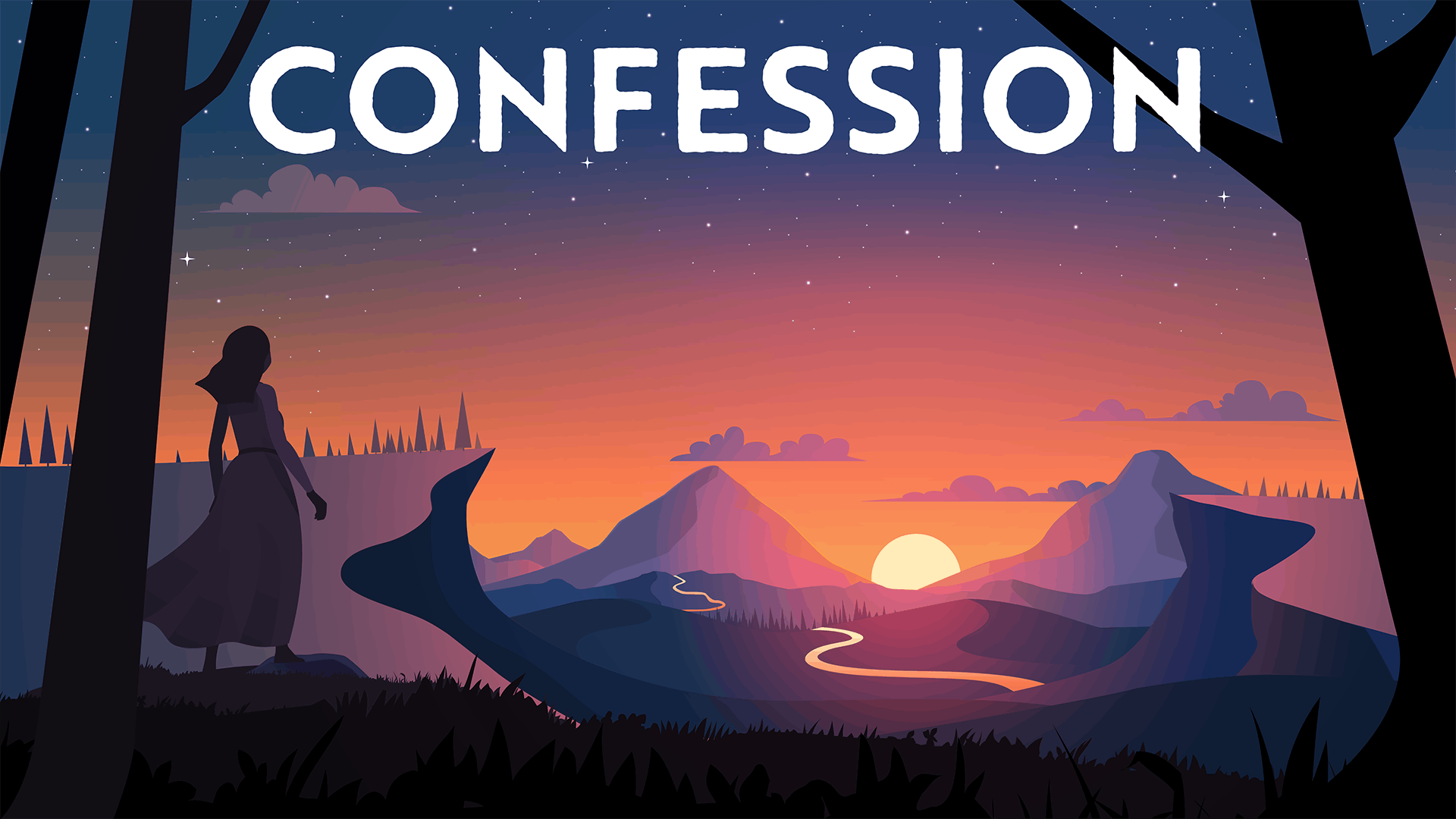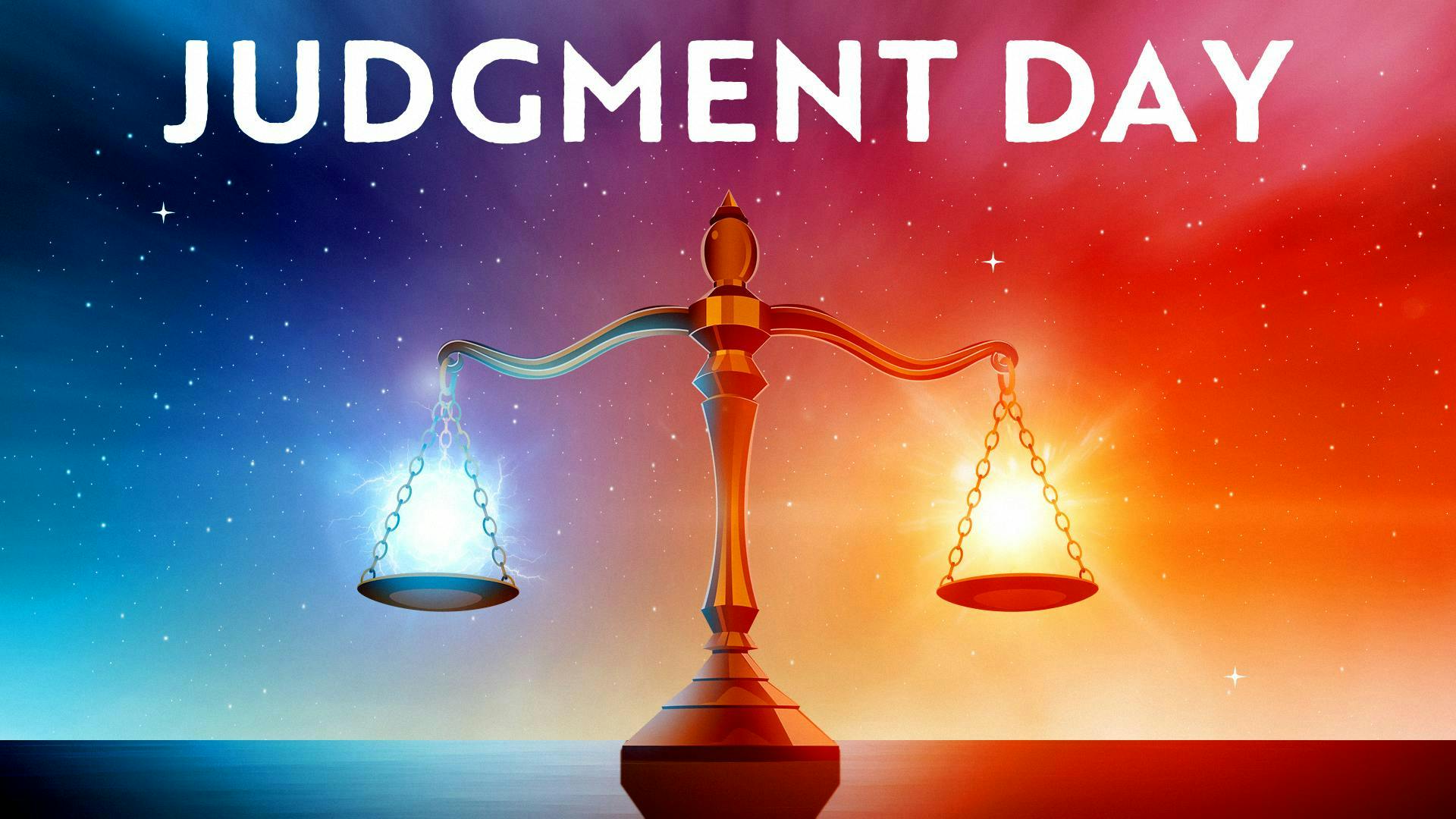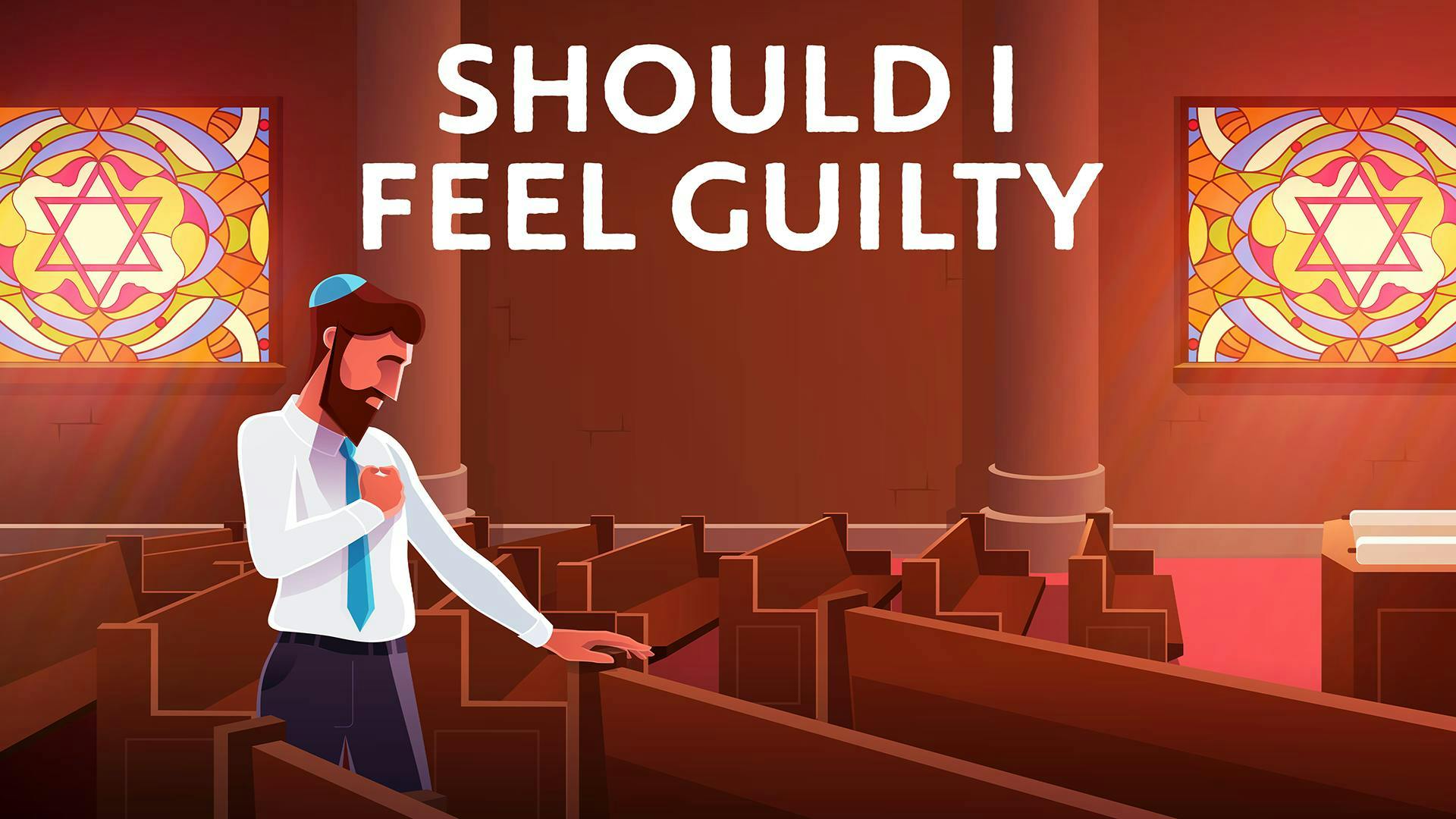Tisha B’Av 101: Explanations To Help You Connect
What Is Tisha B'Av All About? We've Put Together Everything You Need To Know
By Sarah Rashba & Danielle Fisher | 10 July 2025 | 7 Minute Read
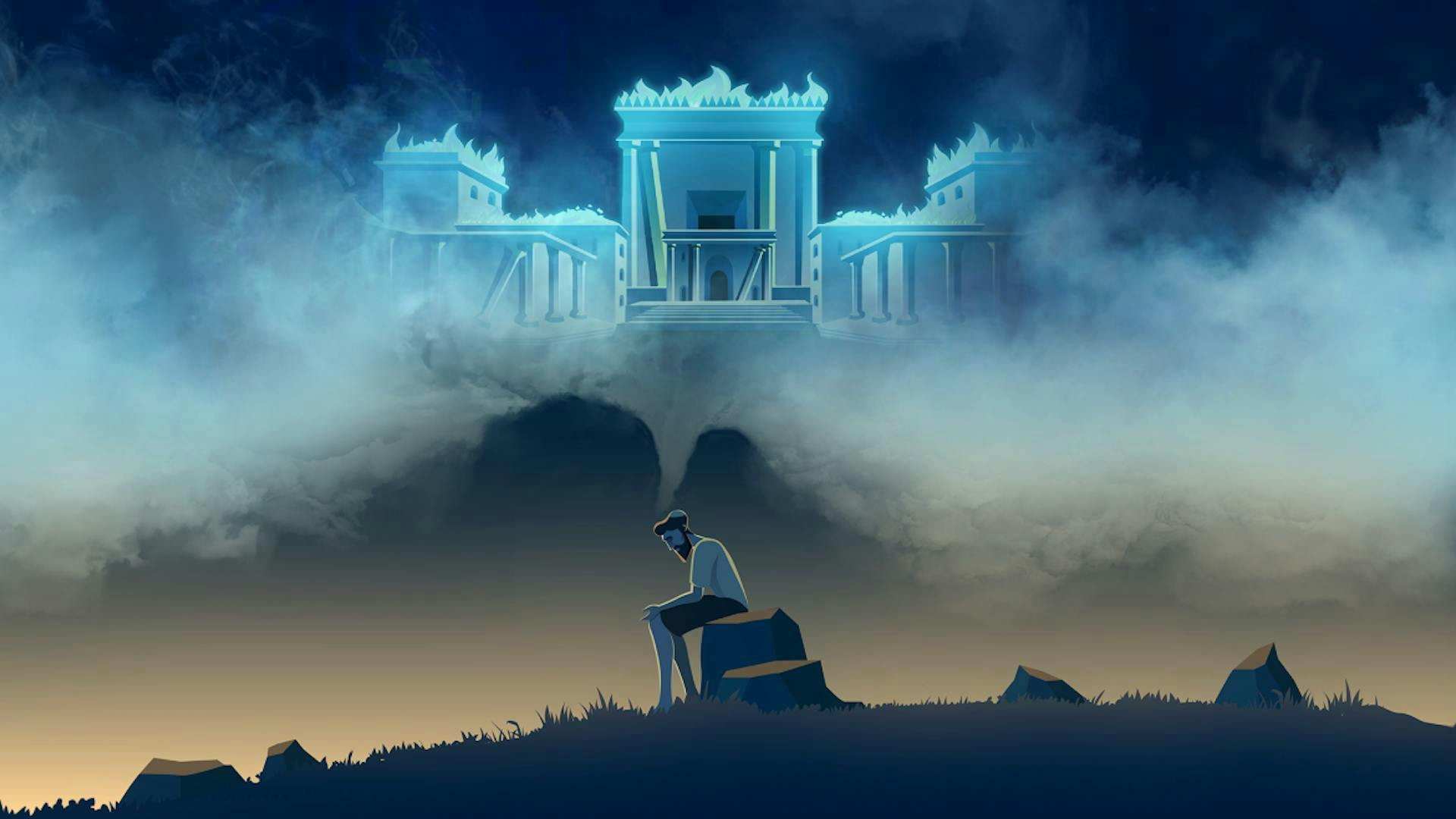
Looking for more?
We have hours of delightful videos and podcasts to enhance your Yamim Noraim experience.
What Is Tisha B’Av?
During the height of the summer, on the 9th day of the Hebrew month of Av, falls the saddest day on the Jewish calendar—Tisha B’Av (lit. Hebrew for “Ninth of Av”). The culmination of three weeks of intensifying mourning, Tisha B’Av primarily commemorates the destruction of the Holy Temple in Jerusalem, first by the Babylonians in 586 BCE, and then by the Romans in 70 CE. Throughout time, our communal mourning has morphed to include a score of Jewish tragedies, including the Crusades, the massacres of Jewish communities in the Middle East and North Africa, the Holocaust, and the persecution and decimation of European Jewry. We observe the holiday by fasting and observing a number of traditional mourning customs, reflecting on our people’s past, and praying for the future redemption.
What Happened on Tisha B’Av?
According to the Rabbinic Sages, the 9th of Av was preordained by God to be a day of tragedy for the Jewish people.
In Mishnaic Times
According to the Mishnah (Ta'anit 4:6), five calamities took place on the 9th of Av:
- The Spies’ Evil Report (1312 BCE): Our suffering on the 9th of Av sources back to the Biblical sin of the Israelite spies sent to scout the land of Israel before the people entered. When the spies brought back a negative report, the Israelites wept, betraying their lack of faith. G-d decreed that the entire generation would die in the wilderness. Because the Israelites wept needlessly on the 9th of Av, the Sages claim, G-d decreed that the day would become one of true tragedy in future generations (Taanit 29a:7). (For more about what the spies did wrong & the modern ramifications of their sin, check out this fascinating video series.)
- Destruction of the First Temple (586 BCE): The Babylonians destroyed the First Temple, killing 100,000 Jews and exiling thousands of others. The Talmud tells us that the Temple began to burn on the 9th of Av and continued through the 10th. (For this reason, some observe mourning practices until midday on the 10th of Av.)
- Destruction of the Second Temple (70 CE): The Romans destroyed the Second Temple. Estimates of Jews killed range from hundreds of thousands to over a million. The Romans sold hundreds of thousands of Jews as slaves and exiled them.
- Failure of the Bar Kochba Revolt (135 CE): The last major rebellion of the Jews of Judea against the Romans failed. The Romans killed 100,000 Jews while suppressing the revolt, taking hordes of Jews captive.
- Desecration of Jerusalem (136 CE): The Roman commander who crushed the Bar Kochba revolt, Turnus Rufus, plowed the Temple and its surrounding area. The Romans turned Jerusalem into a pagan city and barred Jews from entering.
Throughout Modern History
Multiple other historical calamities have befallen the Jewish people on the 9th of Av, including:
- Expulsion of the Jews from England (1280) and from Spain (1492)
- Outbreak of World War I (1914), which laid the groundwork for World War II.
- Approval of the Final Solution, leading to the Holocaust and the decimation of European Jewry (1941)
- Mass deportation of Jews from the Warsaw Ghetto to Treblinka (1942)
- Deadly bombing of the AMIA building (the Jewish community center in Buenos Aires, Argentina), killing 86 people and wounding 300 others (1994)
Our Tisha B’Av mourning encompasses these tragedies and more, even those that did not occur on the 9th of Av.
When Is Tisha B’Av?
The fast of Tisha B’Av, as decreed by the Rabbinic Sages, begins at sunset on the 8th day of the Hebrew month of Av and lasts for 25 hours until nightfall on the 9th. If the 9th of Av falls on Shabbat, the fast is postponed until the 10th of Av. Tisha B’Av falls on the following dates (sunset to nightfall):
- Saturday, August 2 – Sunday, August 3, 2025 (Jewish Year 5785)
- Wednesday, July 22 – Thursday, July 23, 2026 (5786)
- Wednesday, August 11 – Thursday, August 12, 2027 (5787)
If God loves us, why does God let bad things happen to us?
What Are the Restrictions of Tisha B’Av?
Because of its status as a day of mourning, the restrictions of Tisha B’Av generally mimic those of a mourner. Prohibitions include:
- Eating & drinking
- Bathing or washing (wash hands only until the knuckle)
- Applying ointments, creams, or perfumes
- Shaving or cutting hair/nails
- Marital relations/intimacy
- Wearing leather shoes or festive clothing
- Sitting on chairs of normal height (until midday on the 9th of Av)
- Studying Torah (with the exception of mournful passages like Lamentations, certain passages of Jeremiah, the Book of Job, or Talmudic laws of mourning)
- Greeting others or sending gifts
- Engaging in pleasurable trips or activities
There is a custom to avoid air travel on Tisha B’Av, and to lessen our comfort by modifying our normal sleeping arrangements on the night that Tisha B’Av begins. While work is permitted, it is highly discouraged, in order to help us maintain focus on mourning.
What Do We Do On Tisha B’Av?
Before the fast begins on the night of the 8th, we sit on the floor and eat a seudah hamafseket, a preparatory meal, consisting of a hard-boiled egg and a slice of bread dipped into ashes to symbolize mourning. Then, at synagogue, we:
- Remove the curtain from the ark and dim the lights
- Read The Book of Lamentations, or Megillat Eicha
- Recite kinot, mournful poems commemorating Jewish tragedies throughout history. (For a deeper exploration of the kinot, check out our Kinot 101 Guide).
On Tisha B’Av morning, we refrain from putting on tefillin during shacharit, or morning services. In the afternoon, we:
- Resume sitting on chairs of normal height
- Put on tzitzit and tefillin with blessings during mincha, or afternoon services
- Insert a special passaged called Nachem, or comfort, in the Shemonah Esrei prayer during afternoon services begging G-d to console the suffering mourners of Zion and Jerusalem.
The Shabbat after Tisha B’Av is called Shabbat Nachamu, the Sabbath of Comforting. On Shabbat Nachamu, we read the first of seven haftarot that express the theme of redemption, leading up to Rosh Hashanah, the Jewish New Year.
Finding Hope in Tisha B’Av
Though Tisha B’Av is a day of mourning, it is also filled with enormous potential, hope, and anticipation for the future redemption. The Sages claim that the Messiah was born on Tisha B’Av, during the very time that the Temple was up in flames (Midrash Eichah Rabba 1:51). The prophet Zechariya envisions a day when Tisha B’Av will transform from a mournful day into a holiday of joy and redemption (Zechariya 8:19). Even if we’re not there yet, through our uniting to mourn as a community, we reaffirm our identity as one people and help counteract the sinat chinam (baseless hatred) that led to the Temple’s destruction.
Making Tisha B’Av Meaningful
Aleph Beta’s Tisha B’Av videos can help you connect with the deeper significance of the day. Join us in exploring this pivotal day in Jewish tradition, and make this Tisha B’Av count.
Explore Tisha B'Av Videos
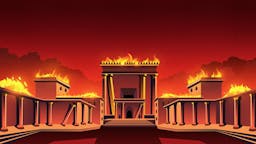
How Am I Supposed To Appreciate The Loss Of The Beit HaMikdash?
Video series • Part 1 of 7 • 9 min
It’s one thing to mourn the suffering of actual people, but how are we supposed to feel genuinely sad over the loss of a building?

Why Does God Let Us Suffer?
Video series • Part 1 of 6 • 11 min
If God loves us, why does God let bad things happen to us? This question may be impossible to answer, but on Tisha b’Av it’s just as impossible to ignore.

What Rachel Imeinu Teaches Us About Mourning
Video series • Part 1 of 5 • 8 min
Mourning on Tisha B’Av may begin with the Temple, but it cannot end there. The familial conflict between Rachel and Leah offers a powerful lesson on how we can take the first steps towards fixing our national tragedy by addressing our personal relationships.
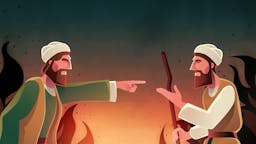
Kamtza And Bar Kamtza: What Is Baseless Hatred, Anyway?
Video series • Part 1 of 5 • 3 min
When was the last time that you hated someone for absolutely no reason? Could it be we’ve been misunderstanding the true meaning of “baseless hatred” this whole time?

Tisha B'Av after the Iran War
Video series • Part 1 of 7 • 12 min
Israel's victory over Iran feels like a pivotal historical moment. But it's not the first time that the Jewish nation has faced a situation like this one.
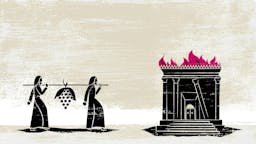
How The Sin Of The Spies Led To Tisha B’Av
Video series • Part 1 of 6 • 10 min
The first recorded tragedy of the 9th of Av occurred hundreds of years before the first Beit HaMikdash was even built. This surprising origin story sheds a whole new light on the meaning of the day.
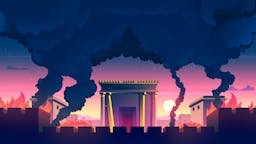
Epic Tales of Tisha B’Av: Yavneh
Video series • Part 1 of 5 • 10 min
On the brink of the complete takeover of Jerusalem, the Roman general Vespasian gave a Jewish sage one wish to be granted. Instead of asking to spare Jerusalem, he asked for the protection of a tiny desert haven of Torah scholarship. This decision may have saved the entire Jewish people from extinction.

What Jacob And Joseph Teach Us About Returning Home
Video series • Part 1 of 6 • 8 min
Can mourning bring us closer to redemption? This series dives deep into a connection between Shir Hamaalot (Psalm 126) and the story of Jacob and Joseph to uncover the connection between the depths of grief and unassailable hope.
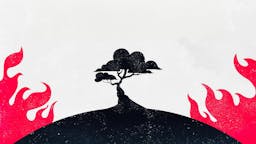
Megillat Eicha And Its Secrets
Video series • Part 1 of 2 • 57 min
What does Eicha have to do with the garden of Eden? At first glance, not much. But if we look closer, it turns out that the Megillah is actually echoing language first used in the beginning of Genesis. Uncovering the deeper meaning of this connection can shift the way you think about Tisha B’Av.

Mourning: What Death Teaches Us About What It Means to Live
Video • 1 hour, 53 min
How are we supposed to make sense of loss? In this deep dive Premium course, Rabbi Fohrman shares how he has come to understand mourning and loss in the larger context of life, death and living a purposeful life.
More Tisha B'Av Content
What is Aleph Beta?
Aleph Beta is a unique kind of Torah library. Led by our founder, Rabbi David Fohrman, we are dedicated to high-level, textual Torah learning for adults that is intellectually and spiritually sophisticated, that enlivens your Jewish practice and helps you forge a deeper connection to God. Whether you’ve been learning in yeshiva for years or you’re just beginning your Torah journey, you’re sure to find something meaningful and surprising waiting for you here.
Browse our library of over 1,000 beautifully produced animated videos, podcasts, deep dive courses, and printable guides. Topics include the weekly parsha, Jewish holidays & fast days, laws & mitzvot, prayers, relationships, big philosophical ideas and more. Have something to say at the Shabbos table that will amaze your family and guests and bring deep meaning into their lives.
